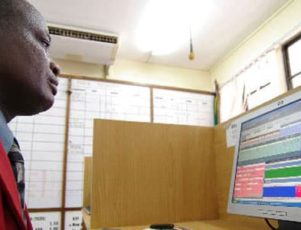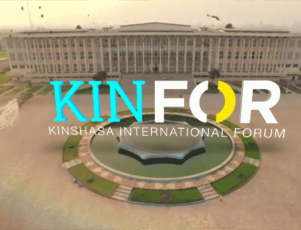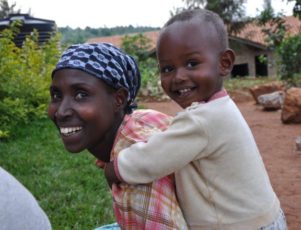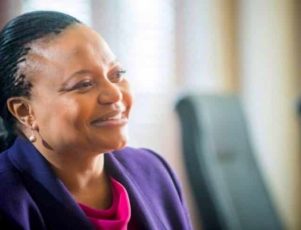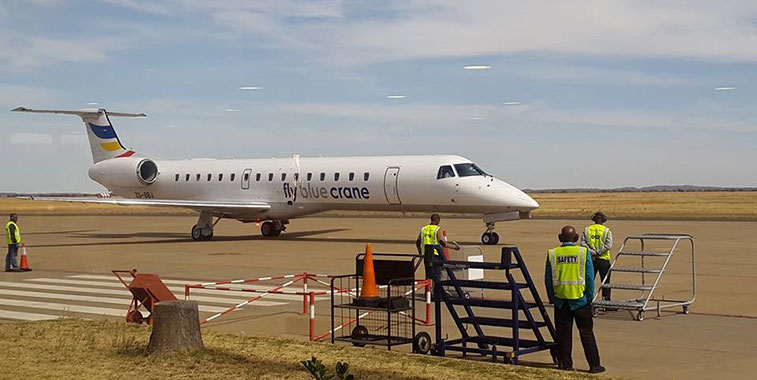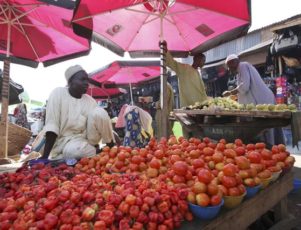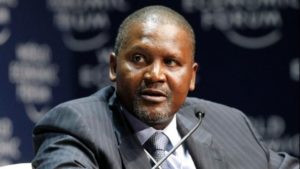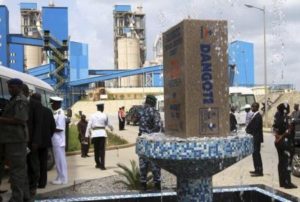An unprecedented 48 candidates have applied to compete for the presidency in Benin’s upcoming February elections.
In a record turnout, 48 candidates have applied to run for presidency in the West African country of Benin in February this year. According to their electoral agency, although 52 nomination papers were received, only 48 forms were correctly completed and accepted.
Political analyst Agapit Napoleon reported this is the highest turn out Benin has ever witnessed in a presidential election since military rule ended in 1990 and multi-party politics commenced.
President Thomas Boni Yayi has held office since 2006 but is barred under the constitution from running for a third term. Thus the elections are wide open to new leadership and the nominations have been flooding in.
“I dream of a Benin that smiles and that’s why I invite us to turn resolutely toward a clear future,” said president Yayi to a crowd of 35,000 at Mathieu Kerekou stadium after he assured the nation he would not change the constitution to run again.
Current Prime Minister strong contender
A front runner is expected to be current Prime Minister Lionel Zinsou who has been selected as the ruling party FCBE (Cowrie Forces for an Emerging Benin) main candidate. Zinsou announced at a business conference in London that he was committed to the electoral race and honored that his party had ratified his candidacy.
Zinsou said his manifesto will concentrate on helping informal workers gain full employment and financial support for agriculture. He argued agriculture needs to be made a priority as it accounts for 23% of Benin’s gross domestic product but only 2% of the banking industry’s profits.
Should he be voted in, he claimed a priority policy would be to finance agriculture in Benin, making sure that families don’t have to carry the burden of borrowing money to finance agricultural activities. Zinsou highlighted the poverty trap farmers often got stuck in when only having access to high-interest loans within Benin, a small cotton-producing nation.
Zinsou’s agricultural policies will particularly focus on developing agricultural banks with an emphasis on ensuring credit is available for farmers. In his policy announcement Zinsou stated that building agricultural credit was the cornerstone of building economic success for the vast proportion of farmers in the country.
Critics accuse Zinsou of colonial collaboration
Speculation from critics claim Zinsou, a French-Beninese investment banker has been implanted by the former colonial power France to safeguard economic benefits for the current president Bony Yayi.
However, Zinsou insists he has the backing of other major political parties including Adrien Houngbedji, a PRD lawyer and current head of Benin’s parliament, who came second in the 2011 election. The government has also publically defended Zinsou, emphasizing his full citizenship and criticizing his opponents for utilizing racist tactics to undermine his candidacy.
Big business in the race
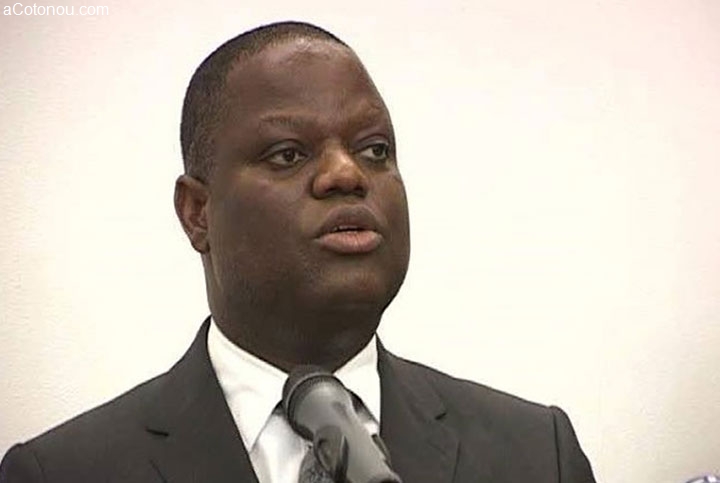
Sebastien Ajavon
Two of the most influential and wealthy businessmen in Benin have also announced their candidacy to run against each other. Sebastien Ajavon, who acquired a significant fortune in the food industry, is set to run against fellow tycoon Patrice Talon, a cotton mogul. Talon is regarded as the main opponent to President Boni Yayi’s FCBE party.
Ajavon announced to a large crowd of supporters at Mathieu Kerekou stadium on Sunday, January 3rd that he would run as a candidate for all Beninese. He made particular mention that regardless of religion, gender, geographical region or political preferences he would stand for all citizens.
In the past Ajavon has stayed in the background of politics, funding various political parties. In a similar vein Talon has previously offered financial support to president Yayi’s ruling party before switching allegiance to the opposition.
Political analyst Francois Alladji stated that with Ajavon announcing his candidacy it, “pits the two most powerful traders” in Benin directly running against each other.
Opposition coalition split
The opposition coalition named “Unity Makes the Nation” remained split and could not reach a consensus as to their choice of a main candidate. Subsequently Eric Houndele, who acts as vice president in parliament, also dropped his nomination as an independent candidate.
Despite the strong candidacy of Prime Minister Zinsou, seven other members of the current ruling FCBE party have also applied to run against each other.

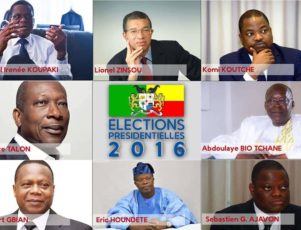

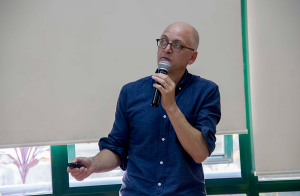
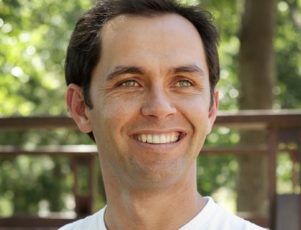

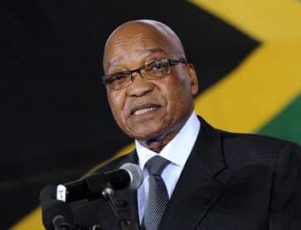
 Business confidence and popular support for the incumbent government have also dropped.
Business confidence and popular support for the incumbent government have also dropped.